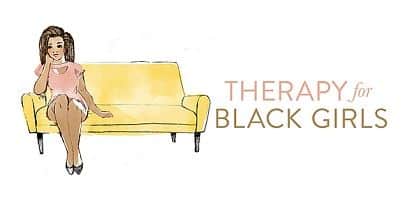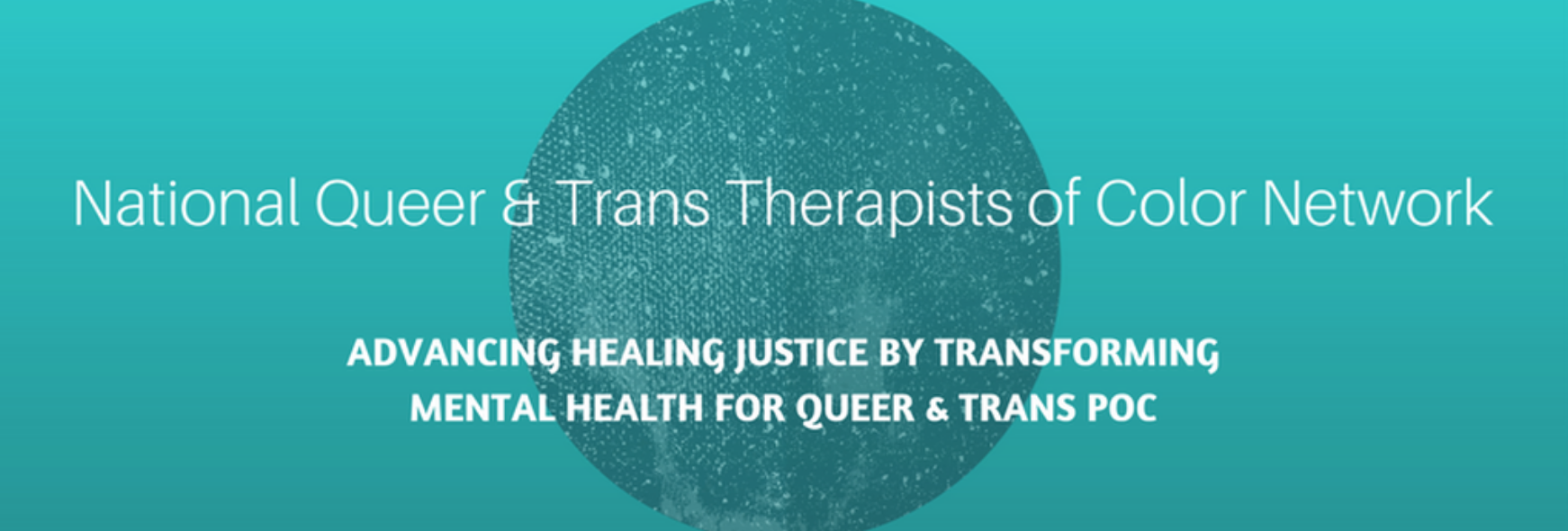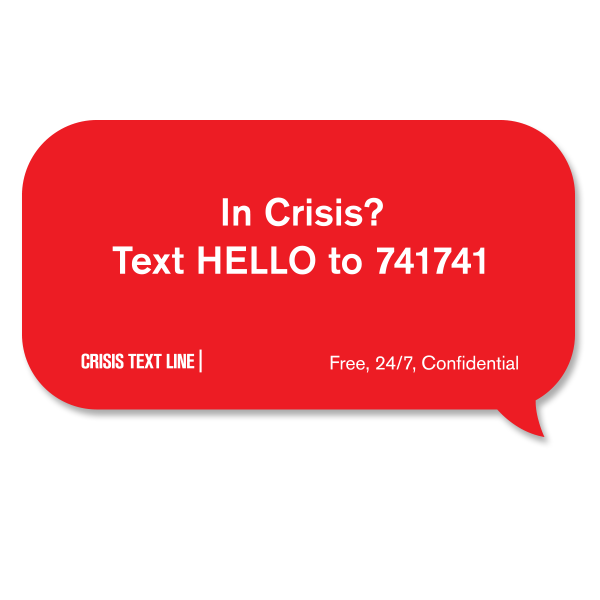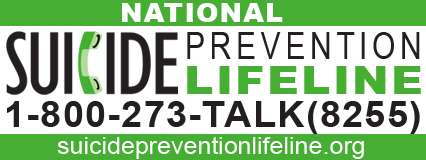Resource: Finding a Therapist + Crisis Hotlines
It's okay to need help sometimes. In fact, it's good.
Black women, we deserve our minds to be strong and healthy. And when we need help, we deserve to find it! This edition of DBW's Mental Health Resource Digest aims to help you on your quest. Below, you will find directories and advice for finding the BEST therapist for you! In crisis? Below, you will also find FREE hotlines for crisis support.
Plus, we've got more! Once done here, make sure to check out these additional editions of our Mental Health Resource Digest:
Finding a therapist
Note: Check to ensure that resources are up to date.
Therapy for Black Girls
The Therapy for Black Girls Directory is a listing of mental health professionals across the country who provide high quality, culturally competent services to Black women and girls. This directory is not at all exhaustive and is meant to provide you with a place to start if you are looking for a therapist in your area.
Accessing the directory is FREE.
National Queer & Trans Therapist of Color Network Directory
The National Queer and Trans Therapists of Color Network (NQTTCN) is a healing justice organization that works to transform mental health for queer and trans people of color. The NQTTCN Directory features therapists across the country.
Accessing the directory is FREE.
AfricanAmericanTherapists.com
This is the first, largest, oldest directory of therapists of color. Accessing the directory is FREE.
Open Path Psychotherapy Collective
Open Path is a collective of therapists who have generously agreed to provide in-office treatment for $30 to $50 a session (between $30 and $80 for couples and families). Open Path clients pay a one-time membership fee to work with an Open Path therapist at a significantly reduced rate.
real quick:
6 Tips to Find the Best Therapist for You
by DBW Jenny Brice, MFT, MPH, Philadelphia:
(Finding a Therapist list continues after these messages)
Click for insights from Jenny's journey.
Insurance: Start by reviewing your insurance to see what kind of mental health coverage you have and obtaining a list of therapists on the panel. Look them up on Psychology today to read their profile. If you find a Therapist who’s out of network, find out how much your insurance will reimburse you.
No Insurance? Another Option: If you don’t have insurance check out Open Path Collective, they will work to connect you with competent therapists in your area who accept sliding scale. Many non-profit counseling agencies also offer sliding scale rates. Try looking at university staffed counseling centers who utilize master’s level clinicians to provide services.
Interview Your Therapist: Ask your therapist which models they use, their therapeutic approach and any specializations. Depending on their training, each practitioner engages with the problem from a different angle. For example, a social worker might look at the physical environment first and provide a working diagnosis, while the family therapist might first aim to identify how the problem is maintained by your role in a relational dynamic.
Be Patient (If You Can): Finding the right Therapist can take time. Credentials are important but vibe is everything. Just because your therapist is a POC and woman-identified does not mean you will click. Focus instead on finding a therapist who is culturally competent, aware of their social location/privilege and is unafraid to address social justice issues and their role in your perception of self. You can up straight ask “ What is the ethnic/racial/gender mix of your client population and what has been your experience working with POC”.
Read Self Help Books!: Therapists will often assign readings, called bibliotherapy, which support your mental health wellness goals. The work must continue beyond the 1 hour per week. An old tried and true recommendation based on cognitive behavioral therapy is Feeling Good: The New Mood Therapy by David Burns. Less clinical recommendations include The Untethered Soul by Michael A. Singer and You Can Heal Your Life by Louise Hay. A quick internet search can provide more results and reviews.
If The Need is Urgent: If you’re having suicidal thoughts and/or have a plan, contact your nearest crisis center, call 911 or go to the nearest hospital immediately. Most therapists don’t provide emergency services or 24/7 support, especially if they’re working independently. If you express suicidal ideation to your therapist they will help you develop a safety plan to follow for moments of crisis.
Psychology Today Directory
Psychology Today's Directory features detailed listings for mental health professionals in the United States and Canada. Anything from psychiatrists, treatment centers and support groups. When looking for support, you can filter by location, preferred therapist gender, your areas of need, your insurance, your sexuality, your faith, the type of therapy you’d like. and more!
Accessing the directory is FREE.
Talk Space
Talkspace is an online and mobile therapy company. Talkspace users have access to licensed therapists through the website or mobile app. Therapeutic services can be provided via text, video and/or audio messaging.
NAMI Helpline
The NAMI HelpLine is a FREE service that provides information, referrals and support to people living with a mental health condition, family members and caregivers, mental health providers and the public. This is NOT a crisis hotline.
Call: 1-800-950-NAMI (6264); Hours: M - F 10am - 6pm ET
crisis hotlines
All the hotlines below are FREE.
Crisis Text Line
Crisis Text Line is a 24/7, FREE support for those in crisis. Text 741741 from anywhere in the US to text with a trained Crisis Counselor. Crisis Text Line trains volunteers to support people in crisis.
Phone Number: Text HOME to 741741
National Suicide Prevention Lifeline
The Lifeline provides 24/7, FREE and confidential support for people in distress, prevention and crisis resources for you or your loved ones, and best practices for professionals.
Phone Number: 1-800-273-8255, Spanish 1-888-628-9454
National Sexual Assault Telephone Hotline
The National Sexual Assault Hotline is a safe, FREE, confidential 24/7 service. Calling the National Sexual Assault Hotline gives you access to a range of free services including:
Confidential support from a trained staff member
Support finding a local health facility that is trained to care for survivors of sexual assault and offers services like sexual assault forensic exams
Someone to help you talk through what happened
Local resources that can assist with your next steps toward healing and recovery
Referrals for long term support in your area
Information about the laws in your community
Basic information about medical concerns
Phone Number: 1-800-656-HOPE (4673)
MORE RESOURCES!











